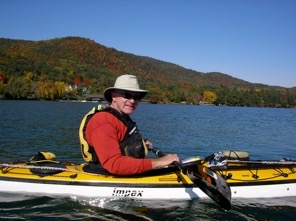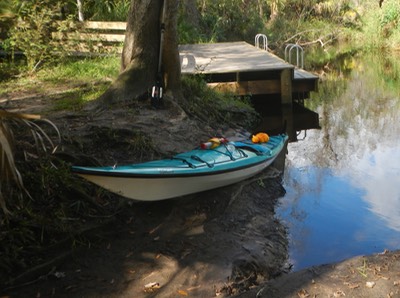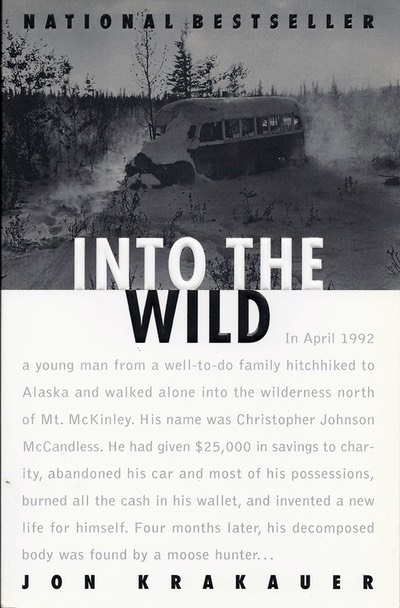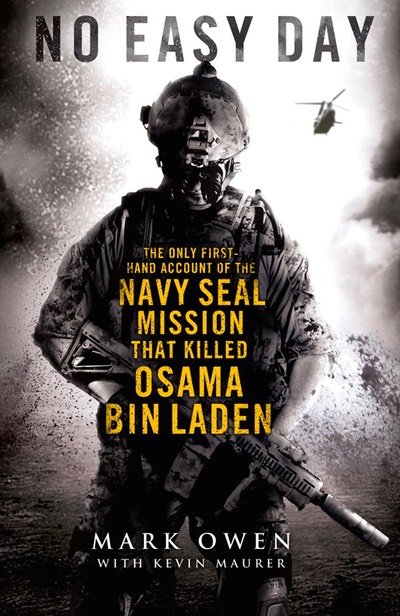Book Title: Crazy for the Storm: A Memoir of Survival
Author: Norman Ollestad
Non-Fiction, © 2009
Harper Collins e-books, New York
ISBN: 978-0-06-178208-4
Yackman’s Rating: 9 points out of 10
Review: The two halves of this book balance on one singular event; the plane crash that took the life of the author’s father. One half of the book tries to explain the complex relationship of the son, Norman and his charismatic father. The other half details how the lessons of that relationship allow Norman to save his own life after the crash, on the mountain that took the lives of his father, his father’s girlfriend and the plane’s pilot.
The author artfully weaves the two narratives together providing glimpses of his life before the crash and the survival events that follow. The initial chapters about his life as a boy with his driven father who is always challenging Norman and pushing him beyond his comfort zone in surfing, downhill skiing and hockey are slow and drag a bit. But they do establish the nature of the relationship and, as the story progresses, give a good understanding of how the dead father’s voice in eleven year old Norman’s head gave him the skills to survive. In the book’s dedication Norman writes,
My father craved the weightless glide. He chased hurricanes and blizzards to touch the bliss of riding mighty waves and deep powder snow. An insatiable spirit, he was crazy for the storm. And it saved my life.
As the stories of the early events in his unusual life become shorter and the account of his struggle for survival on the mountain become longer, momentum builds. Soon I couldn’t put the book down. In addition to being just a good survival yarn, the book is also somewhat of a psychodrama. It’s also the story of how a larger than life father encouraged, pushed, cajoled and drove his son to do things that the son thought he couldn’t do. It’s the story of how the father’s voice in the boy’s head pushed him to do things that terrified him, things he thought he couldn’t do after the plane crash, things that ultimately saved his life.
In the end, Norman survives, traumatized, and ultimately he thrives. The book is written some twenty-seven years after the crash, when Norman has made some sense out of his relationship with his father and is deciding just how to raise his own son. In the book’s epilog he writes,
Often I’ve wondered why my father was so compelled to drive me the way he did. It does seem reckless. But when I delve into those memories, extracting the details, it doesn’t feel reckless. It feels like life as I know it. Raw and wild and wonderfully unpredictable. Perhaps my reaction can be explained as mere conditioning – my father conditioned me to feel comfortable in the storm.
This by no means is to suggest that I breeze through life. I stumble and claw my way through like most of us. With my crude tools and imperfect skills I make my way through Chaos with hope that I will find a little piece of beauty buried in it.”
Send Your Comments:



